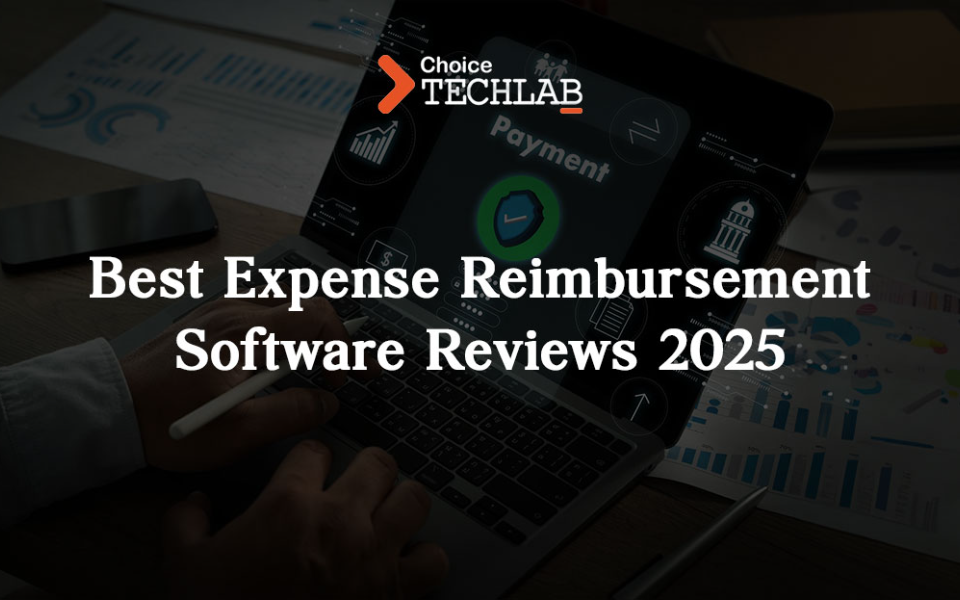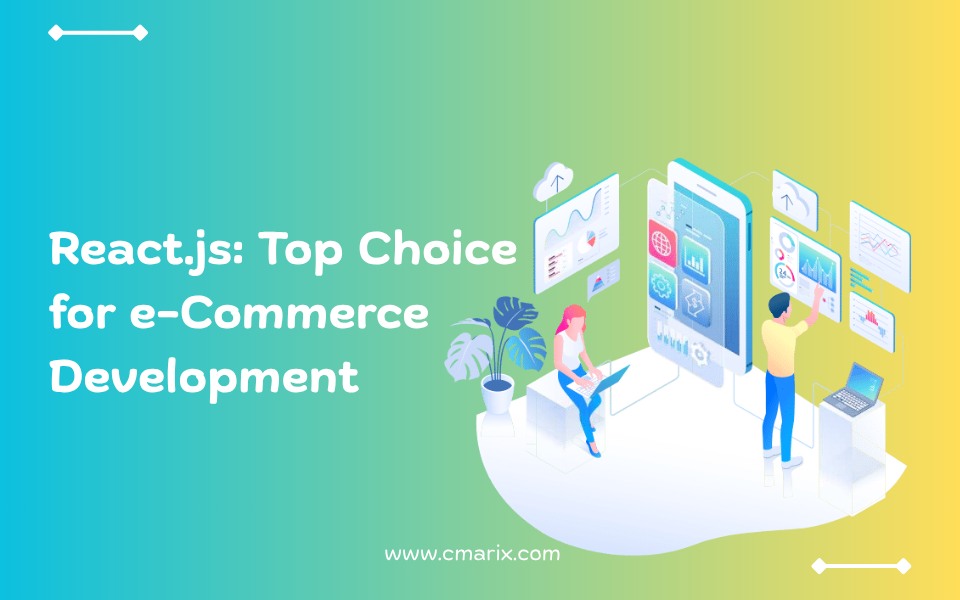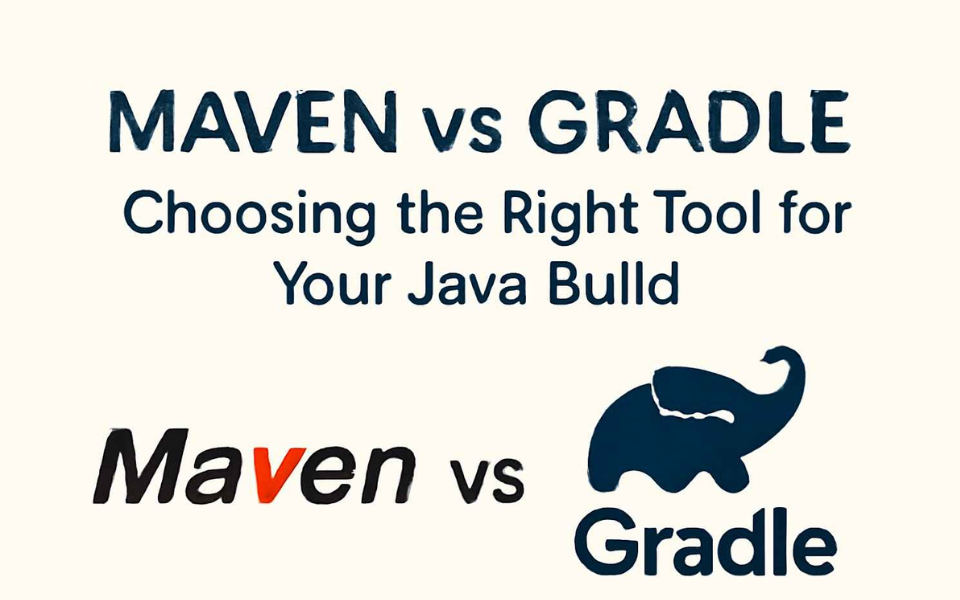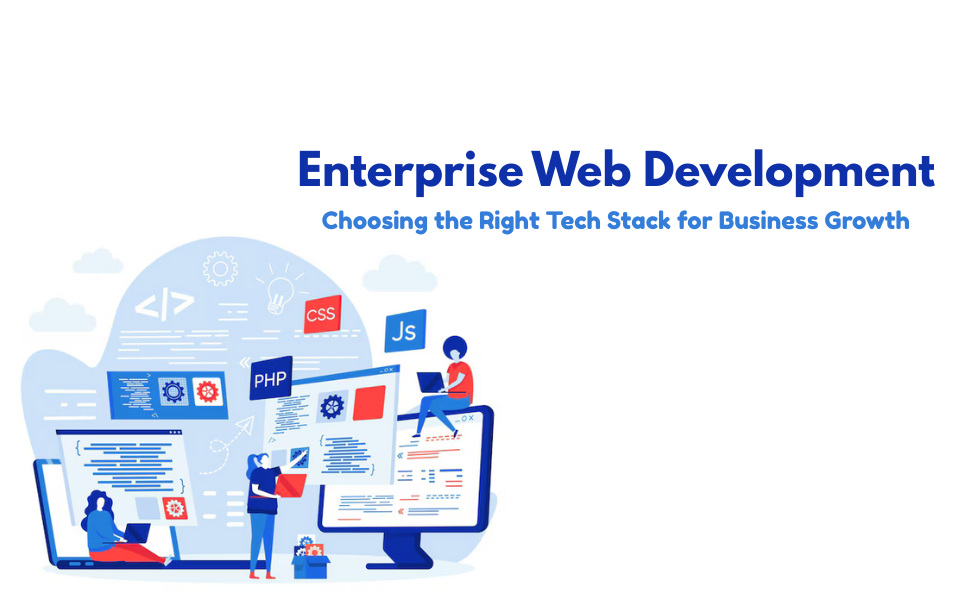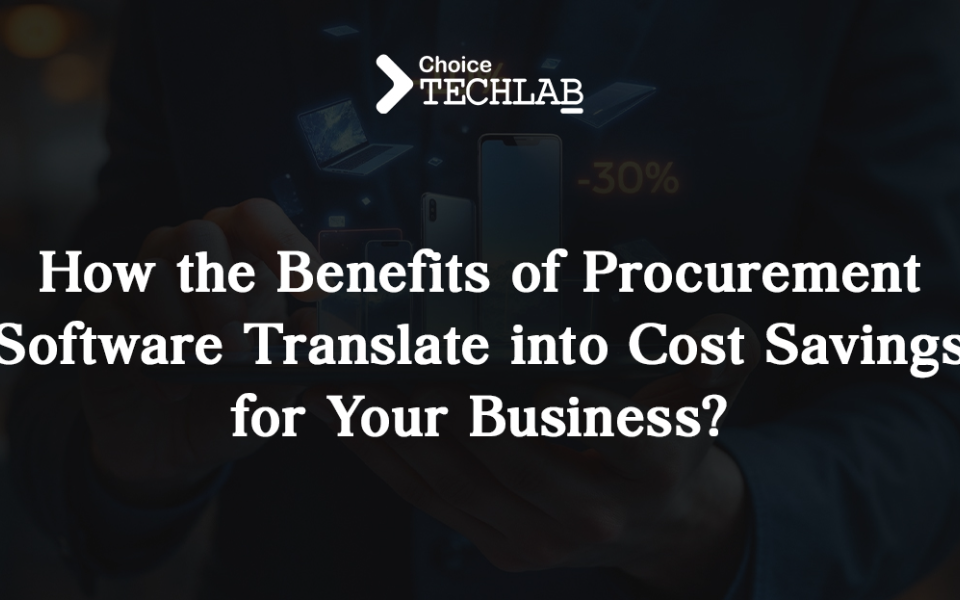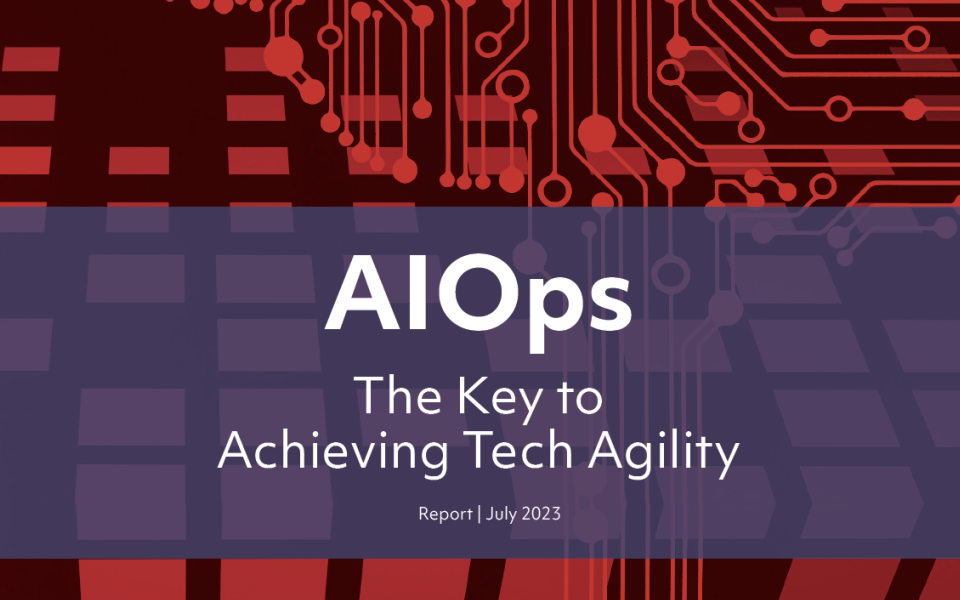They say “don’t put the cart before the horse,” and when it comes to launching an eCommerce startup, this couldn’t be more true. Many new founders rush into flashy websites and fancy apps, only to realize they’ve missed the basics — market fit, platform strategy, and user journey. In 2025, eCommerce continues to be a booming sector, with India’s eCommerce market alone projected to hit $200 billion by 2027 , according to Invest India, driven by rising smartphone penetration, faster payment infrastructure, and user-friendly platforms like Shopify and WooCommerce. For startups, this means both opportunity and competition. Whether you're planning to launch a D2C skincare brand, a niche product line, or a full-scale online marketplace, your choice of platforms — mobile app, website, or Shopify — can define your brand’s scalability, trust, and conversions. But how do you choose the right starting point? Should you build a mobile app first to capture mobile-first shoppers? Or go with a lightweight Shopify store to test the waters? And where does a fully functional website fit in? This guide simplifies it all. We’ll walk you through the exact steps to plan and build your eCommerce startup presence — whether it's:
- A conversion-optimized website to establish credibility
- A custom mobile app to retain loyal users
- Or a Shopify storefront for quick, scalable sales
Each option has its pros, costs, and tech implications. And more importantly, we’ll help you understand how each piece fits into your startup’s growth path — not just from a tech angle, but from a business outcome view.
Why Startups Must Prioritize Ecommerce Development
Startups must prioritize eCommerce development because it directly impacts visibility, revenue potential, and long-term scalability in a digital-first economy. And, if you are wondering Why should startups build an eCommerce presence early? It is Because it’s the fastest, most affordable way to reach real buyers, test your idea, and grow with less risk — all without a physical store.
01
Faster Go-To-Market
For startups, speed matters. Platforms like Shopify and WooCommerce let you launch a working online store in just a few days, without heavy development costs. This helps you quickly test your product with real customers, get feedback, and validate your business model — all before investing big.
02
Wider Reach and 24/7 Availability
Unlike physical stores, eCommerce platforms break down location and time barriers. Your products can be discovered and purchased by anyone, anywhere, at any time. For lean startups, this always-open presence means you don’t miss sales while you sleep or wait for foot traffic.
03
Data-Driven Growth
Every click, visit, and purchase on your store generates valuable insights. eCommerce systems come with built-in analytics that show customer behavior, most-viewed products, and drop-off points. This data helps you make smarter decisions, refine marketing, and improve the user experience over time.
04
Lower Operational Costs
Running an online business is far more cost-effective than setting up a physical outlet. You save on rent, utilities, and staffing. Many tools also help you automate inventory, shipping, and payments — reducing manual tasks and letting your small team focus on growth.
05
Built-in Scalability for the Future
As your startup grows, your eCommerce setup can grow with you. You can plug in CRM systems, connect with third-party logistics, or expand to marketplaces without rebuilding everything. A strong digital base prepares you for scaling up efficiently and sustainably.
Mobile App vs. Website vs. Shopify: What Should Startups Focus On?
The question “Should I build a mobile app, a website, or launch on Shopify?” continues to confuse founders. In 2025, this isn’t just a digital strategy debate — it's a survival choice. With increasing CAC (Customer Acquisition Cost), shifting Gen Z behaviors, and saturation of SaaS clones, choosing the right platform to go to market could define your startup’s trajectory.
Website
Your Foundation for Discovery, Validation & Trust For most startups, a website remains the starting point — especially when validating product-market fit or building brand credibility.
Why It Matters:
- SEO & Visibility: A well-structured, mobile-optimized website is essential for organic discoverability. With mobile-first indexing and Google's Search Generative Experience (SGE), websites that load fast and offer clear content are prioritized.
- Speed to Market:Tools like Webflow, Next.js, or Astro enable rapid deployment of landing pages or MVPs with minimal development time.
- Low Entry Barrier:Compared to mobile apps, websites are easier to update, iterate, and test across user segments.
- Trust & Legitimacy:Customers, investors, and partners expect a clean, responsive site. It's a baseline for digital presence in any industry.
- Recommended for:SaaS products, B2B startups, service providers, or any MVP-stage venture needing visibility and validation.
Shopify
Built for eCommerce Speed, Scale & Conversion For startups focused on direct-to-consumer (D2C) products or physical retail, Shopify remains one of the fastest ways to launch, manage, and scale online stores.
Why It Matters:
- eCommerce-Ready Infrastructure: Shopify handles product catalogs, checkout flows, payment gateways, and integrations without custom development.
- Customizability & Extensions: With growing adoption of headless setups using Hydrogen or Remix, Shopify offers flexibility for both performance and brand storytelling.
- Analytics & Ecosystem: Built-in tools and a vast plugin marketplace support marketing, fulfillment, retention, and customer engagement.
- Recommended for: Product-based startups, subscription businesses, early-stage D2C brands, and founders looking for a low-lift, high-performance commerce solution.
Mobile Apps
Ideal for High-Engagement, Utility-Driven Use Cases While mobile apps can drive strong user engagement and retention, they require a more advanced product strategy and are best reserved for specific use cases.
Why It Matters:
- Rich Native Experience: For use cases requiring camera, GPS, offline functionality, or real-time interaction, apps offer the best UX.
- User Retention: When executed well, mobile apps increase customer stickiness, particularly for utility-based services or gamified platforms.
- PWA Alternatives: Progressive Web Apps are gaining popularity as lighter, installable alternatives for web-first users, especially in mobile-centric regions.
- Recommended for: On-demand services, hyperlocal logistics, learning apps, community platforms, and startups with recurring use behavior.
Experience-Driven Growth: The Core of Modern eCommerce Strategy
Building a successful eCommerce startup today isn’t just about having the right tech — it’s about creating experiences that connect, convert, and scale. From how your brand feels, to how users interact, to how your content gets discovered — every touchpoint matters. Here's how we unify branding, UX, and AI-driven SEO into a data-backed, emotionally intelligent growth system:
Branding That Builds Loyalty
Emotional branding increases customer loyalty by up to 70%. A compelling visual identity and consistent messaging build lasting emotional connections that drive trust, recall, and repeat purchases.
UX That Drives Conversions
A well-crafted user experience improves navigation, simplifies product discovery, and reduces friction during checkout. Great UX reduces bounce rates by over 45%, directly impacting conversion rates.
AI-SEO & AEO That Boost Visibility
Startups leveraging AI for SEO and Answer Engine Optimization (AEO) see up to 38% higher click-through rates. By aligning content with how users ask questions — especially in voice and mobile search — startups can claim more visibility in rich snippets and SGE.
A Scalable Roadmap That Grows with You
Growth doesn’t happen overnight. That’s why we guide startups through an agile, scalable journey:
MVP & UX Planning
Platform Selection (Website, Mobile App, Shopify)
Data-Driven Testing & Optimization and Multi-phase Launch & Scale Strategy.





